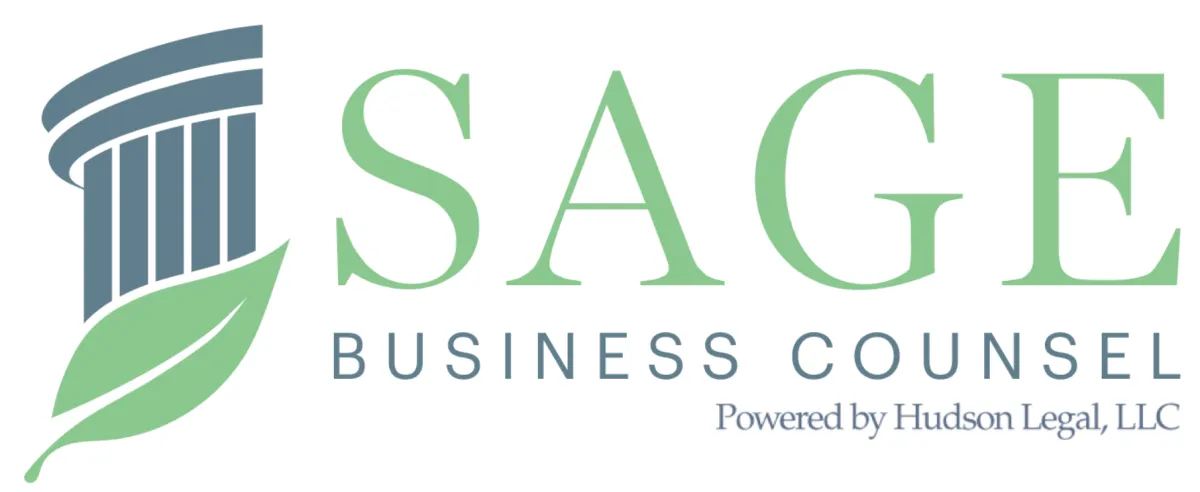COMPLYING WITH CAN-SPAM

Email has been an incredible resource for businesses since its inception, and also a significant source of annoyance for many people. Faced with this conflict, Congress passed the CAN-SPAM Act, which sought to bring an end to spam emails cluttering your inbox. As you may have noticed, it wasn’t completely effective. As a business owner, however, you do have an obligation for your business to comply with the CAN-SPAM act.
What is CAN-SPAM?
CAN-SPAM, despite the name, does not mean “able to spam” but rather “canning” or getting rid of spam email. While the quantity of emails is an important factor, the law focuses mainly on the intent and content of emails. It specifies that emails sent for business purposes should not contain incorrect or misleading information, in the interest of protecting the consumer, alongside imposing certain requirements that businesses must follow in their emails.
Does CAN-SPAM apply to my business?
The law specifies “any electronic mail message the primary purpose of which is the commercial advertisement or promotion of a commercial product or service” is subject to CAN-SPAM. If your business sends email that promotes any commercial product or service, or websites that have promotional content, then you must comply with CAN-SPAM. Transactional emails, such as those confirming an order, or customer service, are not subject to CAN-SPAM but should still not contain any purposefully incorrect or misleading information.

How do I comply?

Complying with CAN-SPAM first requires you to provide a way for your customers to unsubscribe from promotional emails. This usually consists of an unsubscribe button in the footer of the email. The button must be visible, and must actually unsubscribe the person from promotional emails if they choose. Your business must comply with these unsubscribe requests within 10 business days. Most businesses keep a list of these emails to check against and ensure they are not accidentally emailing already unsubscribed customers.
There are also requirements on the content of your business’ email. Promotional emails must have accurate information throughout, including the physical address of your business, or the entity whose products are advertised. They must also have accurate subject descriptions, meaning that the subject line of the email must actually be pertinent to the content of the email and not misleading.
If your business needs consultation on how to comply with CAN-SPAM or the litany of other legal restrictions to take into consideration, Sage Business Counsel is here to help. Contact us today to schedule your consultation and keep your business safe.

SAGE Newsletter
Learn from real-world examples and gain inspiration from business leaders. We shine a spotlight on successful businesses and entrepreneurs while also keeping you informed about legal trends.

SAGE Tips
from the Founder
Dive into our exclusive "Tips from the Founder" video series, where the heart and mind behind SAGE Business Counsel shares invaluable business insights and practical advice.

SAGE Workshops & Webinars
Watch our Workshops and Webinars. Engage with industry experts and gain actionable insights through our sessions to enhance your legal and business knowledge.
Over a Decade Spent Protecting Business from Legal Pitfalls
At SAGE Business Counsel, we're different. Inspired by lean business and agile software development philosophies, we continuously refine our services to stay ahead of the curve. Founded in 2014, our innovative business law firm is dedicated to empowering leadership teams across the globe with strategic legal counsel. Whether you own the business or are on the leadership team, we can help companies succeed at every stage of growth.

